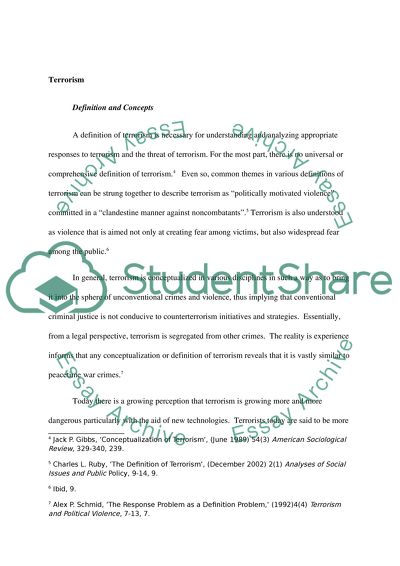Cite this document
(“Is direct military action the best way to deal whith problems of Essay”, n.d.)
Retrieved from https://studentshare.org/history/1393582-is-direct-military-action-the-best-way-to-deal
Retrieved from https://studentshare.org/history/1393582-is-direct-military-action-the-best-way-to-deal
(Is Direct Military Action the Best Way to Deal Whith Problems of Essay)
https://studentshare.org/history/1393582-is-direct-military-action-the-best-way-to-deal.
https://studentshare.org/history/1393582-is-direct-military-action-the-best-way-to-deal.
“Is Direct Military Action the Best Way to Deal Whith Problems of Essay”, n.d. https://studentshare.org/history/1393582-is-direct-military-action-the-best-way-to-deal.


